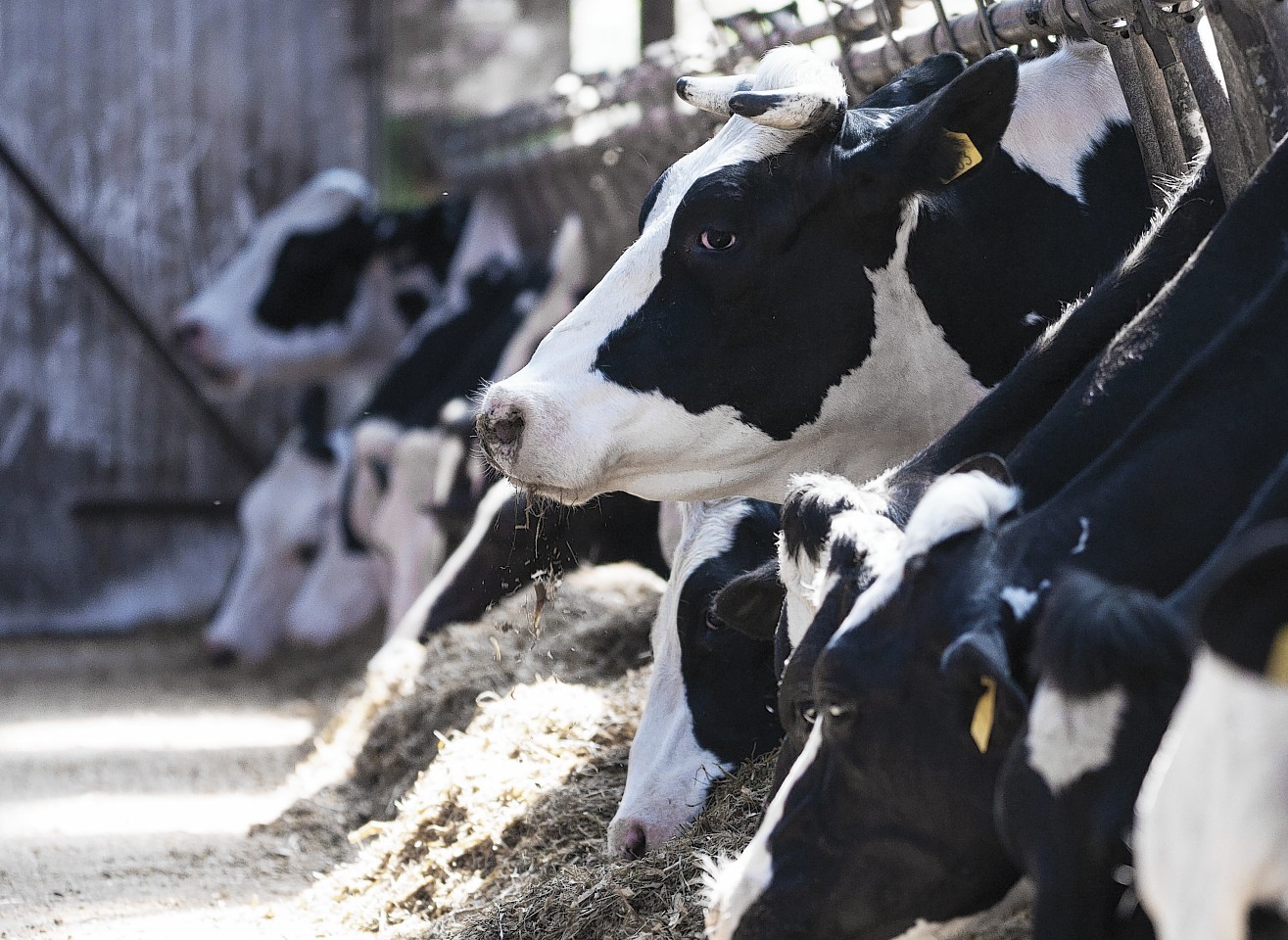Scotland’s official TB-free status is at risk from the disease creeping further north in England, warns a leading vet.
Speaking at the annual British Veterinary Association (BVA) Scottish dinner in Edinburgh this week, the association’s president John Blackwell urged the Scottish agricultural industry not to become complacent about the devastating disease.
“Scotland is unique in the British Isles in being officially TB-free. Given the impact this disease has on both animals and the farmers affected, this is something to protect and nurture,” said Mr Blackwell.
“But we cannot be complacent. In England the disease creeps ever further north. What happens south of the Border could challenge Scotlands’ Tb-free status and vets across the UK must work together to rid the UK of this scourge.”
Touching on Scotland’s BVD eradication scheme, Mr Blackwell praised Scots farmers for working with government to eradicate the disease.
“Well over 80% of animals are now testing negative for the disease, which is heartening,” he said.
“But again, there is work to be done to reach that 100%. It is critical that vets in Scotland continue to work closely with their farming clients and support them in the eradication programme.”
Lastly, Mr Blackwell urged Scottish Government to pay heed to its calls for an end to the slaughter of animals without stunning – the BVA has long been lobbying for a ban on this method of slaughter.
He also spoke about the welfare challenge of transporting cull sows from Scotland to Essex for slaughter, and praised the Scottish Government for supporting the development of pig slaughtering facilities at Brechin, which will enable Scottish cull sows to be slaughtered north of the border.
The vet body’s warning about TB comes as figures from Defra reveal that nine new incidents of the disease have been confirmed in Scotland so far this year, including one in Moray and one in Inverness-shire. The number of animals slaughtered as a result of the disease was 24.
The number of new incidents of the disease so far this year in England is 8,000% higher at 729.
